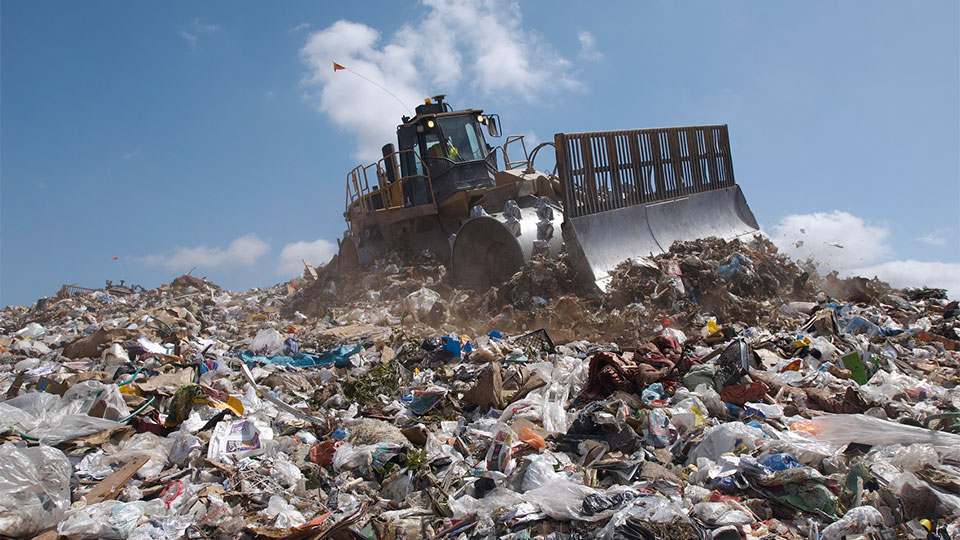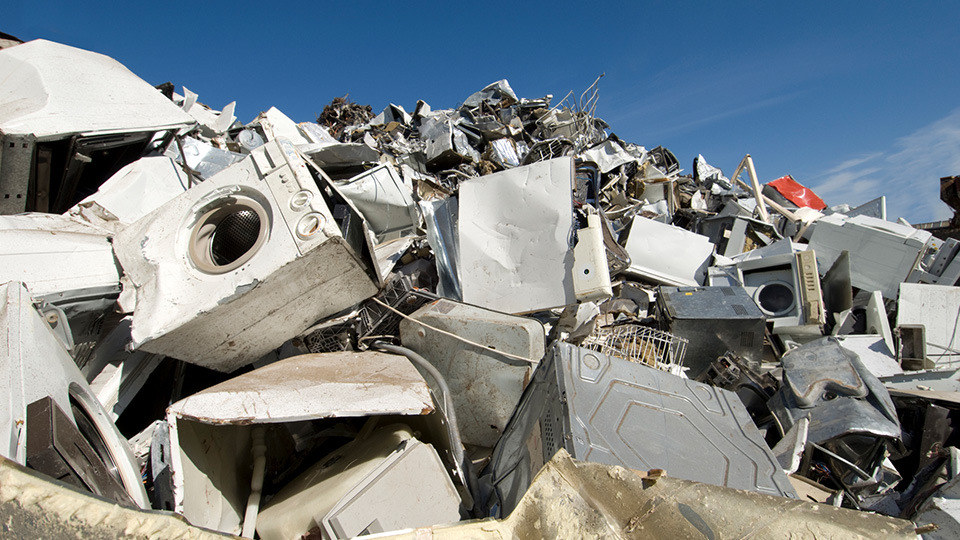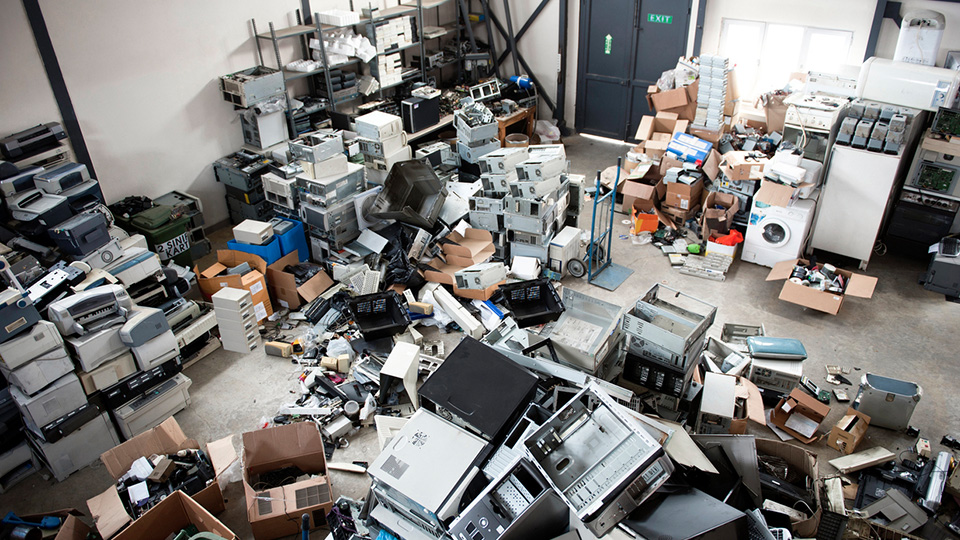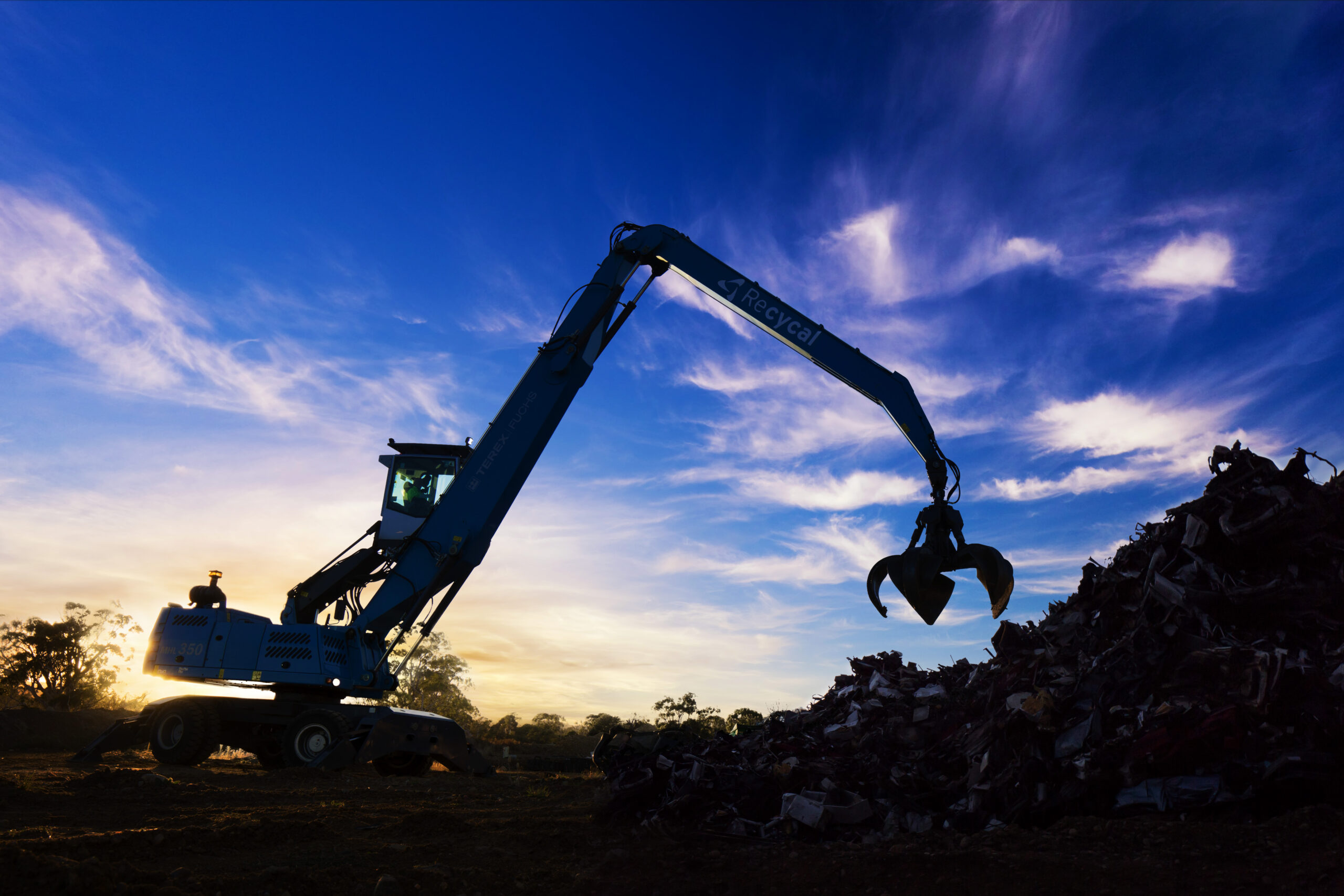Australians are holding onto electronic waste rather than recycling it because they’re thrifty and have emotional attachments to old devices.
Frugality and attachment were the main reasons people kept old electronics at home, according to new research conducted by Monash University.
The research, which involved 650 people across three studies, showed at least half of the participants owned two or more computers, while 16 per cent owned at least four.
Electronic waste (e-waste) has grown into a serious waste challenge in Australia, with the average Australian household generating 73kg of e-waste a year.
E-waste can be anything with a plug, battery or power cord that is no longer working or wanted and should be taken to a dedicated recycling point rather than discarded into your household bin.
Recycling e-waste helps protect the environment from dangerous contaminates like toxic mercury, recovers materials for re-use in new products, and other benefits as well.
Australians hang on to their old electronic devices for other reasons too, including a lack of awareness about recycling as well as personal data concerns.
A 2017 survey found that 83% of Australians held on to old and broken electronic devices because they didn’t know where to recycle them.
The TechCollect-commissioned report showed more than half of the participants were worried that their personal data would end up in the wrong hands.
E-waste is growing three times faster than general waste in Australia, driven by our love of electronic gadgets such as mobile phones, laptops and televisions.
For example, there are more than 22 million discarded mobile phones in Australia and that number grows by over a million each year, according to Sustainability Victoria.
To deal with this spreading issue, the Victorian State Government introduced a ban on dumping e-waste into landfill this year.
South Australia has also tightened its rules around disposing of e-waste, while other state governments are sure to be watching the results closely.
Ecocycle’s business development manager Daryl Moyle said data on old computers and laptops are safely removed and destroyed when recycled with Ecocycle.
“To alleviate people’s fear of their data on old electronics ending up in the wrong hands, we first remove the hard drives from computers and destroy them, making them unreadable. The components are then responsibly recycled through our usual processes,” he said.
Mr Moyle also urges to Australians to take much-needed action to tackle the country’s growing e-waste problem.
“E-waste is a major waste problem in Australia that demands serious attention from the public,” Mr Moyle said.
“The best way to drive change is to educate the public about how to recycle properly and raise awareness about this critical issue.
“The team at Ecocycle is passionate about this cause and will continue providing key information to promote awareness about Australia’s e-waste troubles.”





